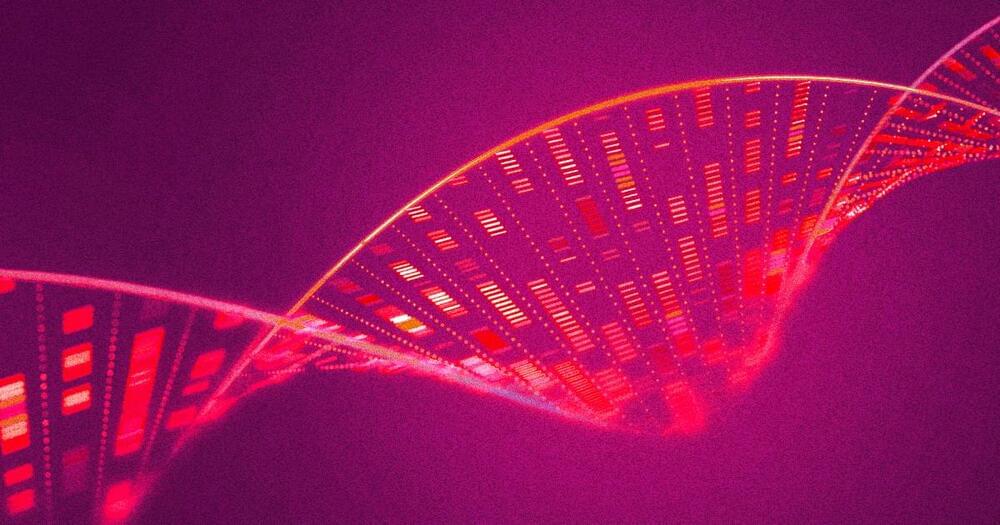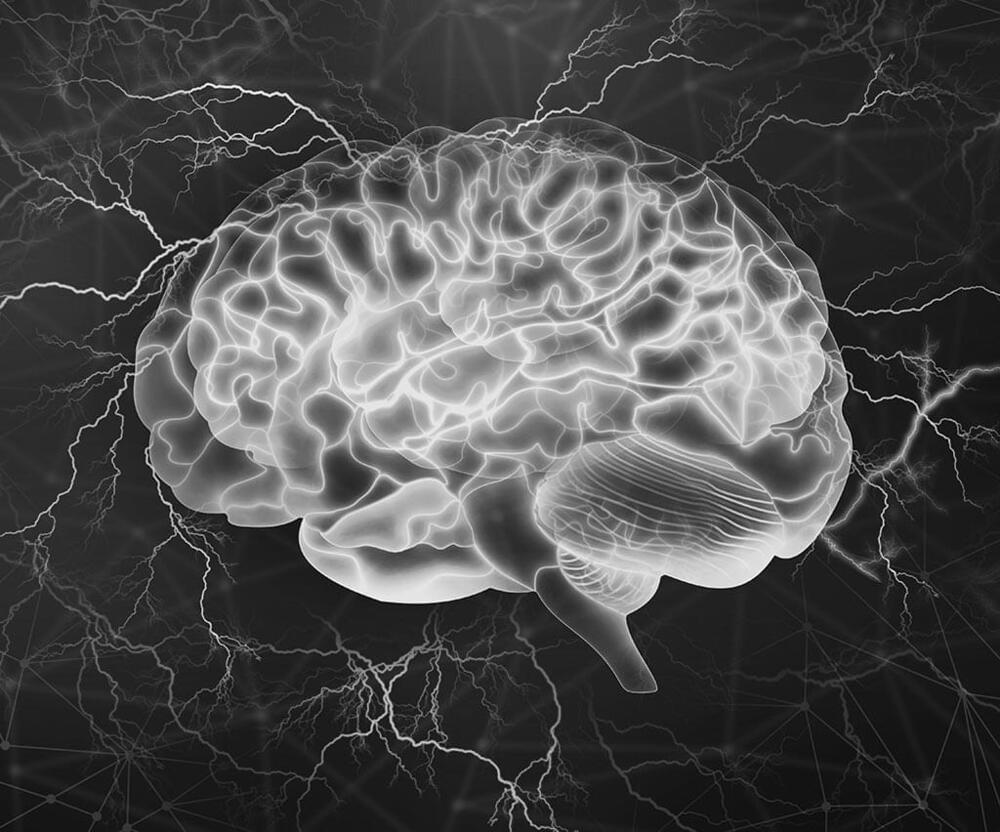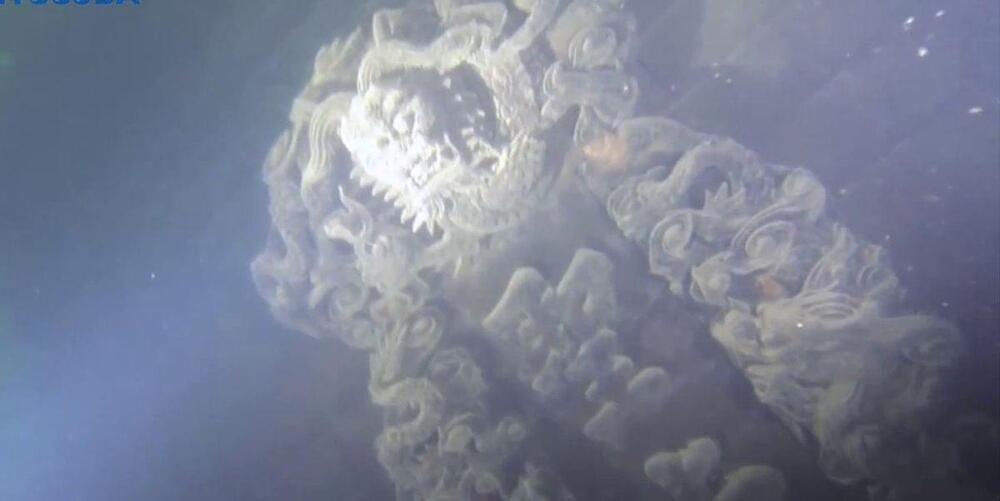An enormous dark hole has opened up in the sun’s surface and is spewing powerful streams of unusually fast radiation, known as solar wind, right at Earth. The size and orientation of the temporary gap, which is wider than 60 Earths, is unprecedented at this stage of the solar cycle, scientists say.
The giant dark patch on the sun, known as a coronal hole, took shape near the sun’s equator on Dec. 2 and reached its maximum width of around 497,000 miles (800,000 kilometers) within 24 hours, Spaceweather.com reported. Since Dec. 4, the solar void has been pointing directly at Earth.
Experts initially predicted this most recent hole could spark a moderate (G2) geomagnetic storm, which could trigger radio blackouts and strong auroral displays for the next few days. However, the solar wind has been less intense than expected, so the resulting storm has only been weak (G1) so far, according to Spaceweather.com. But auroras are still possible at high latitudes.








